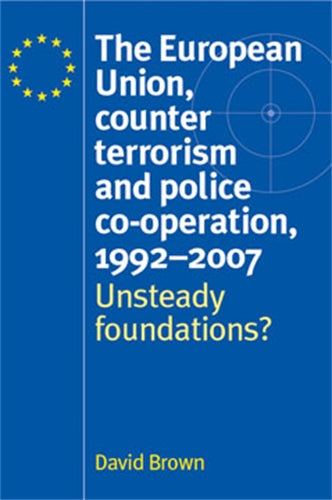Description
Discover a compelling exploration of the European Union's counter-terrorism and police cooperation policies in 'The European Union, Counter Terrorism and Police Co–operation, 1991–2007'. This insightful volume dives deep into the foundational aspects of the EU's approach to security, focusing on critical developments since the Treaty on European Union was established. With a keen emphasis on the effectiveness and legitimacy of EU efforts in these two vital security domains, this analysis highlights the stages of implementation that have shaped internal security co-operation over the years. Key topics include the establishment of objectives, the operational role of the European Police Office, and the dynamics of information exchange that enhance security collaboration. Moreover, the book scrutinizes the EU's characterization of the terrorist threat as a 'matter of common concern', raising essential questions about the utility and organization of internal security at the European level. Readers will also find a comprehensive assessment of the EU's response to significant events, including the September 11 attacks and the uptick in Islamist terrorism. This book is essential for scholars, policymakers, and anyone interested in understanding the evolution of EU security policies and their impact on counter-terrorism and police cooperation.

